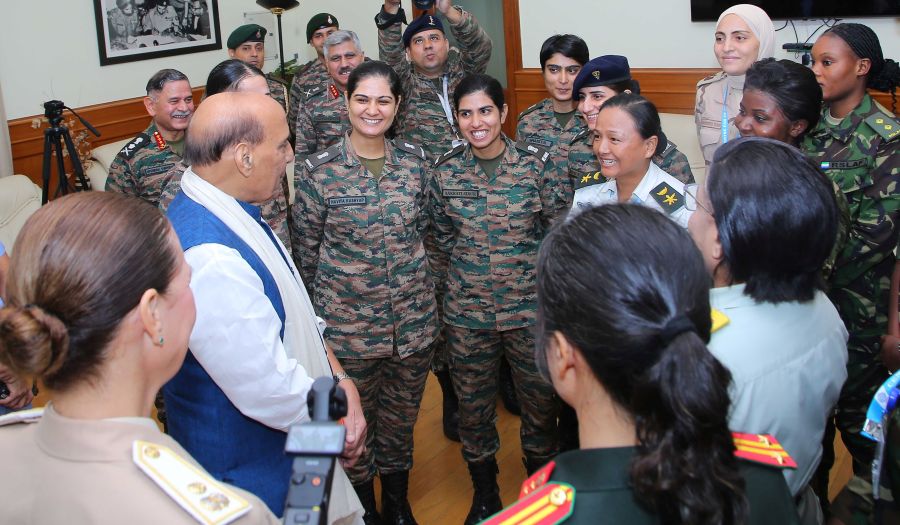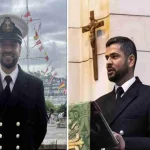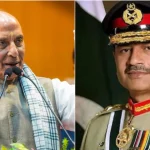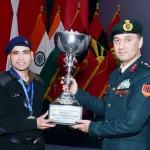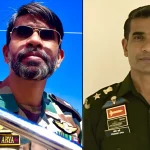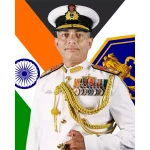Raksha Mantri Rajnath Singh on Friday interacted with women officers from 15 countries and India participating in the United Nations Women Military Officers Course (UNWMOC-2025), being held at the Manekshaw Centre, New Delhi.
Organised by the Centre for United Nations Peacekeeping under the aegis of the Ministry of Defence and Ministry of External Affairs, the nearly two-week course (August 18–29) is aimed at building the professional capacity of women military officers for effective participation in multidimensional UN peacekeeping missions.
‘India committed to gender parity in peacekeeping’
Addressing the participants at South Block, Rajnath Singh said India, as the largest contributor to UN peacekeeping, has been a strong advocate of women’s participation in missions.
“We are strengthening policies to encourage women’s participation in our Armed Forces and peacekeeping contingents, ensuring equal opportunities to lead and serve. India will continue to work with the UN and troop-contributing countries to advance gender parity, foster inclusive leadership, and create a world where peace thrives through diversity and equality,” he said.
The Defence Minister described the women officers as “torchbearers of change”, adding that their dedication strengthens not only peacekeeping efforts but also the broader framework of global security.
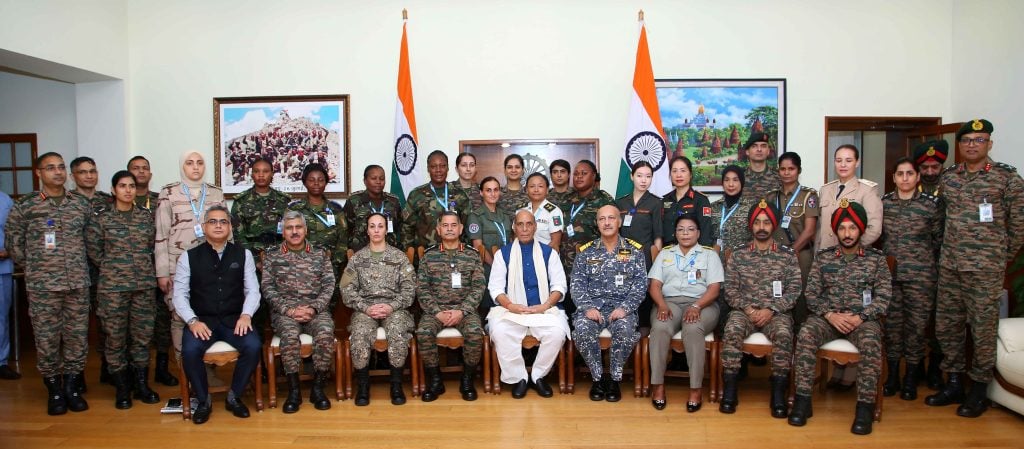
Diverse participation
The course has brought together officers from Armenia, DR Congo, Egypt, Ivory Coast, Kenya, Kyrgyz Republic, Liberia, Malaysia, Morocco, Nepal, Sierra Leone, Sri Lanka, Tanzania, Uruguay and Vietnam, alongside 12 Indian women officers and five interns.
Rajnath Singh underlined that their presence represented the UN’s enduring spirit of unity and cooperation.
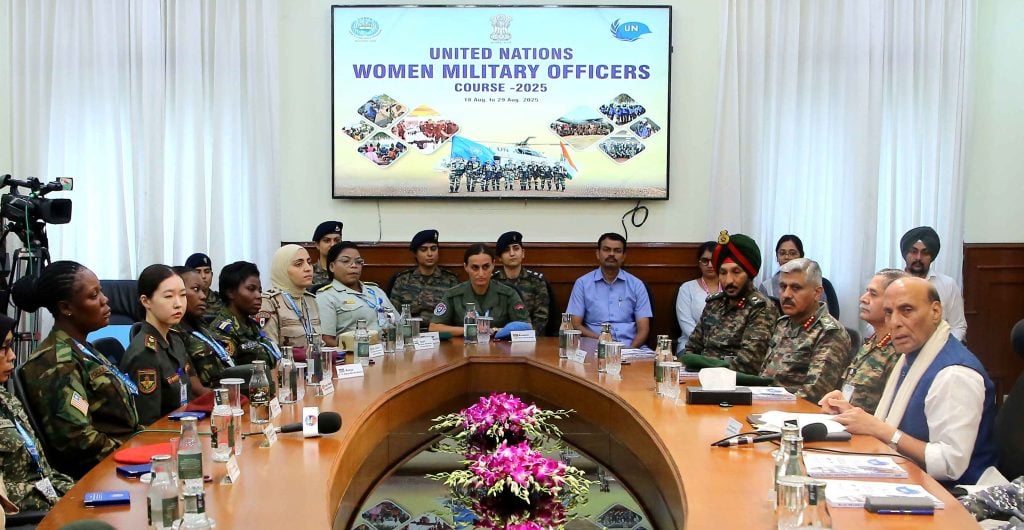
Role of women peacekeepers
Highlighting the UN’s vision to increase women’s participation in peacekeeping missions, the Raksha Mantri stressed that women officers bring unique perspectives and approaches, often fostering deeper trust with local communities, particularly women and children.
“Women peacekeepers have helped prevent sexual violence, improve access to humanitarian assistance and inspire local women and girls to actively engage in peace and security. Their presence makes missions more effective, inclusive, and sustainable,” he said.
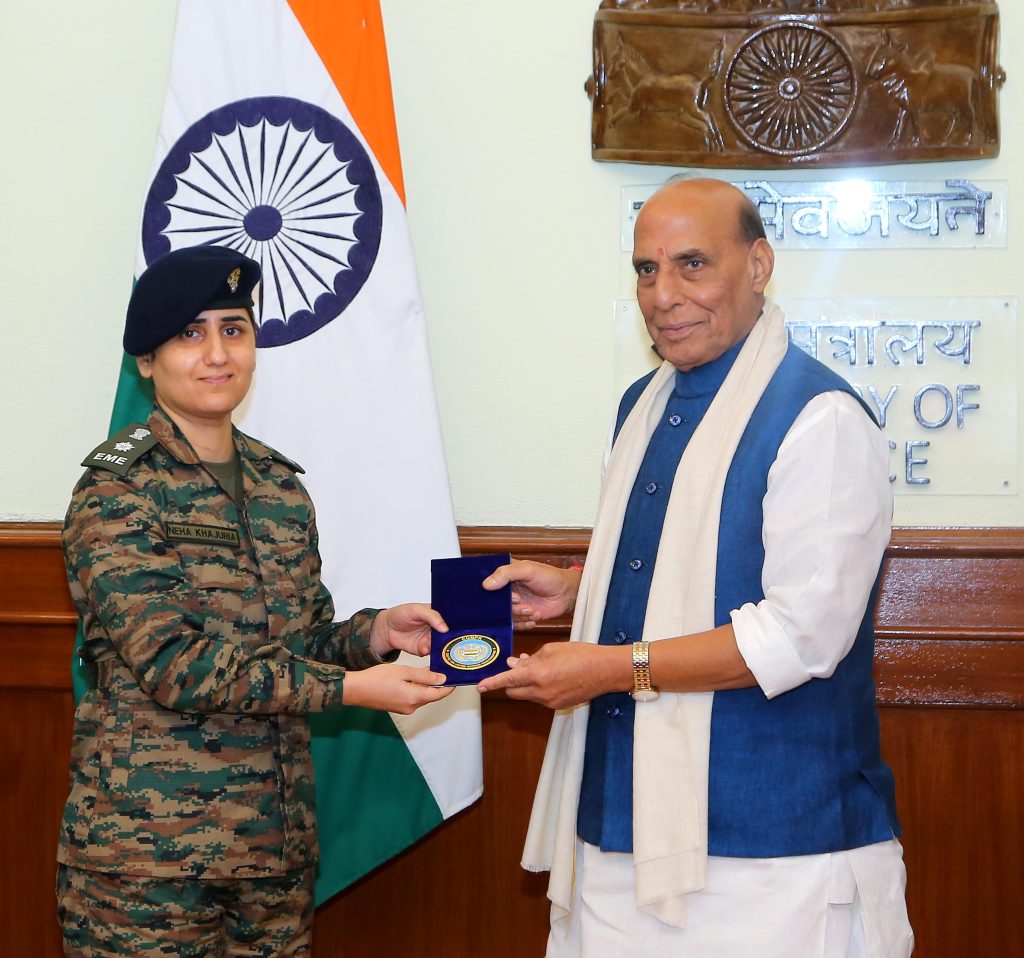
Blue Helmet Odyssey unveiled
On the occasion, Rajnath Singh unveiled the UN Journal 2025 – ‘Blue Helmet Odyssey: 75 Years of Indian Peacekeeping’, a platinum jubilee edition highlighting India’s legacy, innovations, and future vision in peacekeeping.
Reflecting on the symbolism of the UN’s blue helmets, he remarked: “Like the sky, UN Peacekeepers provide protection and security; like the oceans, they build connections across borders and cultures.”
Chief of the Army Staff General Upendra Dwivedi and other senior officials were present during the event.
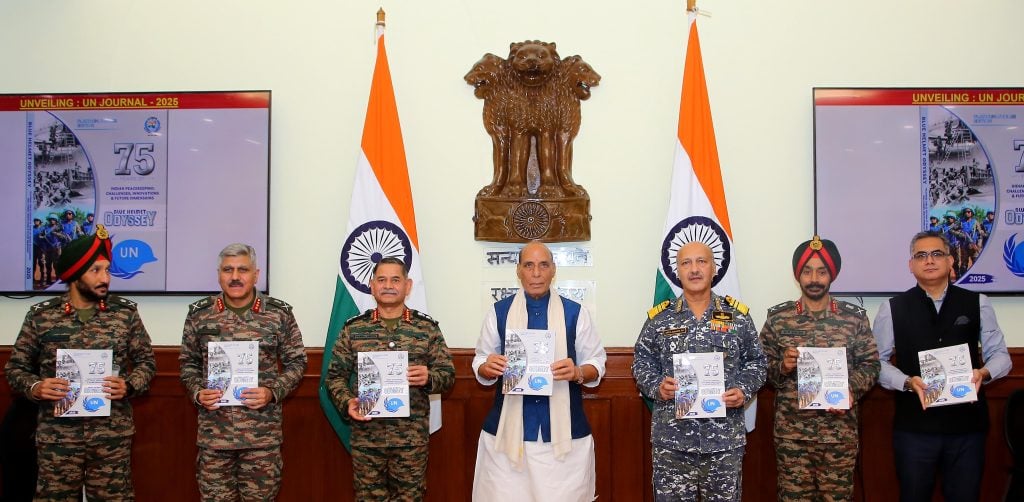
Course curriculum
The UNWMOC-2025 covers key aspects of modern peacekeeping, including International Humanitarian Law, protection of civilians, refugees and IDPs, conduct and discipline, conflict-related sexual violence, and child protection. The programme features expert lectures, case studies, and a field demonstration by an infantry battalion earmarked for UN deployment.

